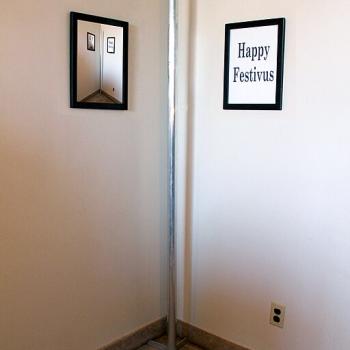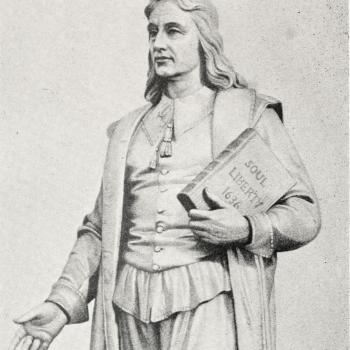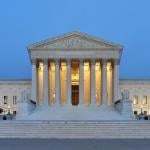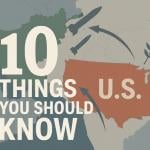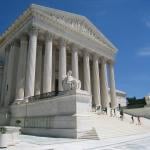The Freedom from Religion Foundation’s (FFRF) campaign to remove religion from American public life has opened a new front: stopping public prayers at college football games. It sent “cease and desist” letters to the University of Tennessee recently, asking that both its Knoxville and Chattanooga campuses end their rituals of pregame prayers. Chattanooga complied, but the Volunteers are standing strong, saying that the First Amendment (freedom of religion and of speech) permits nonsectarian prayers.
As I argued previously with regard to prayers at county council meetings in Rustburg, Va. (“Thou Shalt Not Say Jesus”), there is a big difference between a prayer being inappropriate, and a prayer being unconstitutional. The Freedom from Religion folks would like to see all prayers at state institutions banned. But many public universities, including my beloved undergraduate alma mater, Clemson, have continued offering prayers while requesting that the clergy keep a lid on theologically specific language. You know, stuff like “in Jesus’s name.”
Committed Christians should be ambivalent about the prayers themselves. I personally have no need to have prayers offered at events like football games, especially if we cannot utter the Lord’s name during said prayers. Who benefits from a prayer that says, effectively, “O Great Deity, whose attributes we cannot mention, keep the players from being hurt”? It would be better to have a moment of silence and let believers say specific prayers delivered in the quiet of their mind.
But unconstitutional? The mere mention of the Deity, or even of Jesus, at a public venue hardly represents an establishment of religion. The Founders, including Thomas Jefferson, would have found such rabid secularism unfathomable. (Remember, the same Jefferson who wrote of a “wall of separation” between church and state also hosted a church service in Congress’s chambers the same weekend he sent that letter in 1802.)
We can be sure that the FFRF and similarly litigious secularists will not rest until every vestige of religion is erased from public life. No more “In God We Trust” on coins, “Under God” in the pledge, manger scenes and menorahs during the holidays, “so help me God” in oaths of office, Bible readings on days of national remembrance, memorial crosses, chaplains, or anything else that would ostensibly poison their secular public sphere with the taint of religion.
In spite of all the messiness of maintaining liberty in our diverse society, we should very rarely permit legal restrictions of free speech and the free exercise of religion. We should only do so in very pressing cases (such as the classic ban on mischievously yelling “fire” in a crowded theater). Propriety and prudence — not the Constitution — might dictate that the Volunteers’ prayers remain vague and nonsectarian, or that someday they might end them altogether. But let’s also stand against those who would enlist the courts to ban the utterance of specific religious words in public. Religious speech deserves special protection, not special restrictions.



